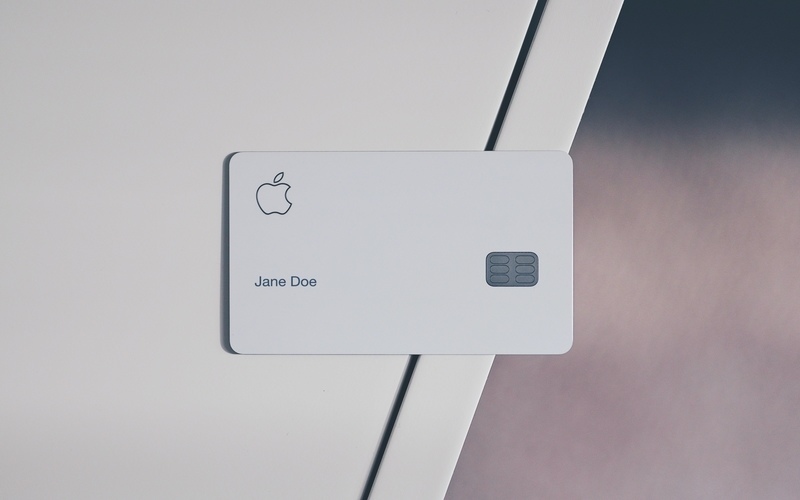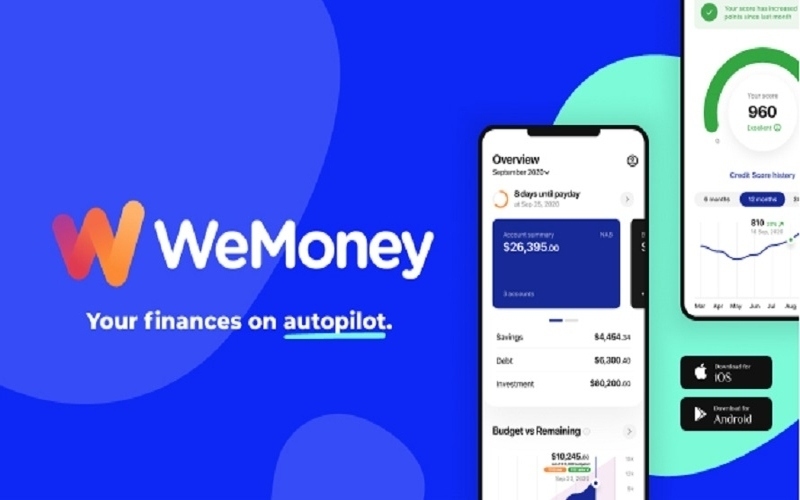Good Shepherd, one of Australia's oldest not-for-profit organisations, has expanded its no-interest loan program to offer financial relief for those impacted by the pandemic.
Good Shepherd initially launched the no-interest, no-fee and no credit check Household Relief Loan in July, which provides loans of up to $3,000 for rent and utilities, to be repaid over 24 months.
This loan was launched in collaboration with NAB and the Federal Government, and the support package also includes financial information and support for vulnerable Australians.
Good Shepherd’s CEO Stella Avramopoulos said many people who had never had to ask for financial support before were struggling during the pandemic, and Good Shepherd has urged those struggling to come forward.
“People are overwhelmed, they are distressed, and they often feel stigma and shame. This is a crisis that no one expected, it has hit suddenly and it is out of peoples’ control," Ms Avramopoulos said.
“Good Shepherd’s financial counsellors and other front-line staff have supported many thousands of people since this pandemic hit.
"People need safe, reliable information and support to help them navigate the multiple challenges they are facing."
To qualify for this loan, income must be below $60,000 gross for individuals or $100,000 for couples or people with dependants, or they must be receiving a Government benefit like a Centrelink healthcare card or Pensioner concession card.
Minister for Families and Social Services Anne Ruston said the scheme would help those experiencing financial hardship.
“This additional funding will help around 40,000 Australians access immediate financial relief to help pay household bills," Ms Ruston said.
"Better access to emergency relief services means less reliance on high-risk, high-interest loans to get people through these tough times."
[Read: Looming poverty crisis once JobKeeper, JobSeeker ends]
According to Ms Avramopoulos, around one-fifth of Australians have a social vulnerability including family violence, disability, gambling, mental health, relationship or substance abuse issues.
"Half have a financial vulnerability, including financial hardship and financial disadvantage and only 16% could meet an unexpected expense of $2000," she said.
“The main driver of the financial crisis for the people we are seeing is credit card debt and personal loans and nearly all of the people referred have at least one payday lender."
The $3,000 Household Relief loan can be used in conjunction with Good Shepherd's No Interest Loan Scheme (NILS), which offers loans of $1,500 for essential expenses like medical procedures or car repairs.
To access a financial conversation, check eligibility and apply for a Household Relief Loan, phone 1300 121 130.
Young, low-income earners more likely to spend $750 corona-cash
A study by ANZ of those who received the government's $750 coronavirus cash supplement shows younger and low-income Australians were the most likely to boost their spending.
By contrast, people over 60 were the least likely to boost their spending and were more likely to save it.
A key data point found by the study is that the average monthly spending for a 15- to 29-year-old who received at least one $750 cash payment increased by 51% in July - the younger the recipient, the bigger the spend.
Conversely, spending for those in the same age bracket who received no cash payment was up by just 9%.
Recipients aged 15–59 grew their spending on shopping and services more than other categories. #ausbiz #ausecon #auspol #ausretail #retailtrade #consumption #jobkeeper #jobseeker https://t.co/zzNO9GaW0B pic.twitter.com/TlFyncUDdu
— Adelaide Timbrell (@AdelaideTimbrel) September 8, 2020



 Harrison Astbury
Harrison Astbury
 Harry O'Sullivan
Harry O'Sullivan

 William Jolly
William Jolly


